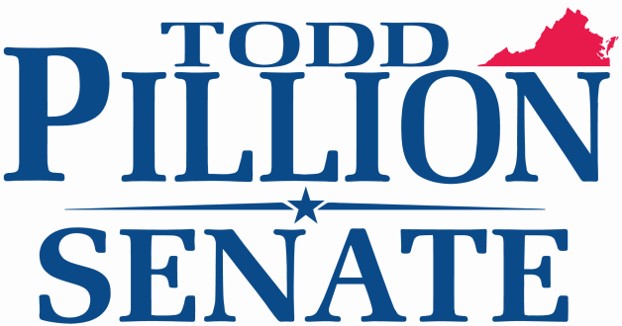Fighting high electric rates
FRIDAY, JANUARY 24, 2025It has been a busy start to the 2025 General Assembly session! Today marks day 17 of our 46-day “short” session. Senate committees are busy working through over 700 bills that have been introduced and must be acted on by February 4th.
Energy-related issues are always a hot topic during the legislative session and this year is no exception. I have heard from hundreds of constituents who are concerned about continuously increasing utility rates that are driving electric bills higher and higher. No family should have to choose between paying an electric bill and other necessities.
Working with other members of our Southwest Virginia legislative delegation, I am co-sponsoring two bills designed to get utility rate increases under control and provide some relief to families within the Appalachian Power footprint. While the State Corporation Commission is responsible for reviewing and approving utility rate increases in Virginia, more has to be done to attempt to provide relief for customers in Southwest Virginia who pay the highest rates in the Commonwealth.
SB1281 would provide customers the option to choose a lower cost electric provider if their monthly bill exceeds the statewide average. HB2665 would freeze utility rate increase requests from Appalachian Power for two years and add citizen recommendations in the State Corporation Commission decision making process. Both bills will be heard in committee next week. This bipartisan legislation is about putting SWVA first. This legislation reflects our ongoing commitment to protecting consumers and fostering greater accountability. We will continue working with all parties and stakeholders who share our desire to reduce the rising cost of electricity and get utility companies under control.
Visiting with constituents who take the time to make the long journey to Richmond is always a highlight of the week. I enjoyed meeting with dentists, law enforcement, firefighters, healthcare professionals, and many others to discuss various legislative matters that are currently being considered by the General Assembly.










